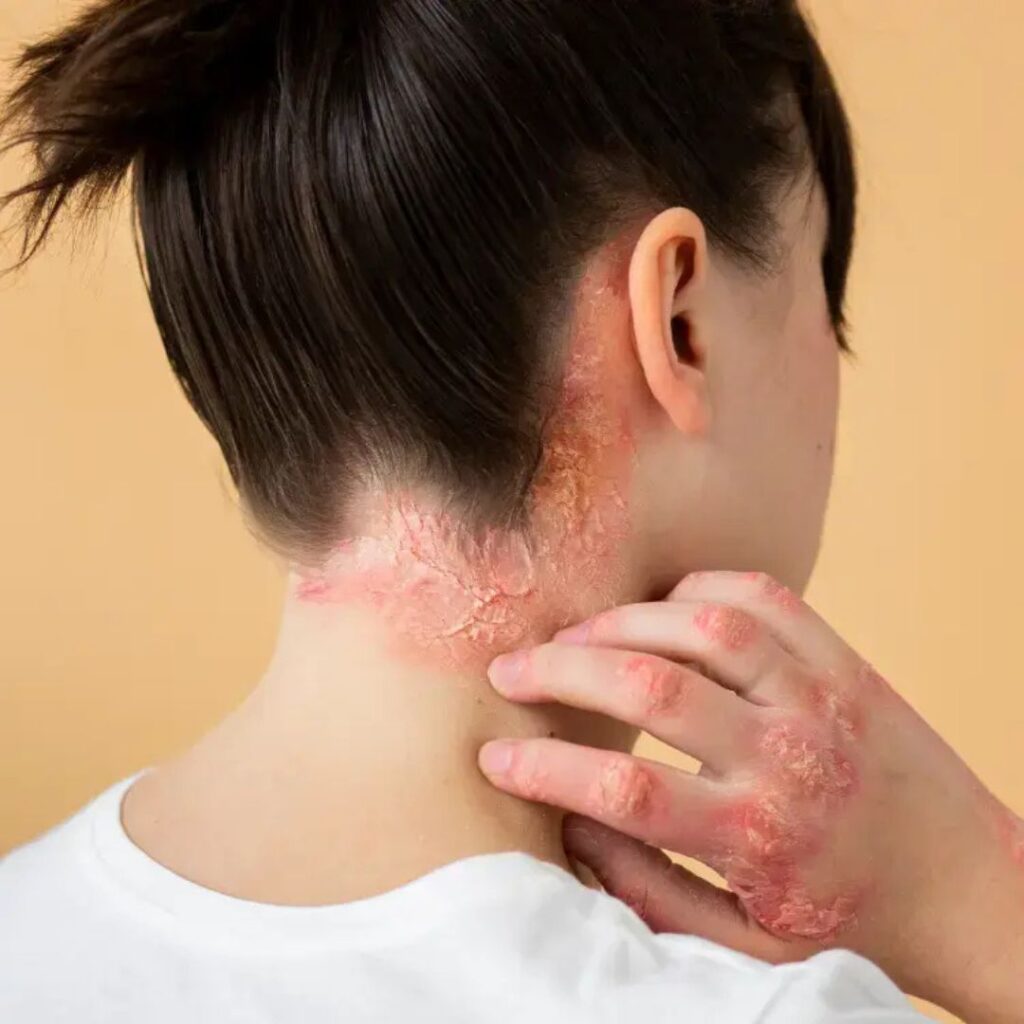Fungal infections are common skin conditions that affect millions of people worldwide. They can appear anywhere on the body, from the scalp and nails to the feet and other skin areas. While most fungal infections are not life-threatening, they can cause itching, discomfort, and sometimes long-term skin damage if left untreated.
A common question many people have is: can fungal infections be treated permanently Let’s explore this in detail, along with the role of a Dermatologist in Roorkee or a Skin Specialist in Roorkee in managing these infections.
Understanding Fungal Infections
Fungal infections are caused by different types of fungi, including dermatophytes, yeasts, and molds. Common examples include:
- Athlete’s foot – Fungal infection affecting the feet, especially between toes.
- Ringworm (Tinea) – Circular, red, itchy patches on the skin or scalp.
- Nail fungus (Onychomycosis) – Discoloration, thickening, and brittleness of nails.
- Yeast infections – Often affect moist areas like the groin or under the breasts.
Fungi thrive in warm, moist environments, making sweaty skin, closed shoes, or humid climates common triggers.
Can Fungal Infections Be Permanently Treated?
The answer depends on several factors, including the type of fungus, the location of the infection, and the timeliness of treatment. In many cases, fungal infections can be treated effectively, but “permanent cure” depends on preventing recurrence and maintaining proper hygiene.
Medical Treatment
- Topical Antifungal Creams and Ointments – For mild skin infections like athlete’s foot or ringworm, over-the-counter or prescription antifungal creams often work well. These treatments kill fungi at the infection site and typically show improvement within 2–4 weeks.
- Oral Antifungal Medications – For severe or widespread infections, or those affecting nails and scalp, oral antifungal drugs may be prescribed. These medications penetrate deeper layers of the skin or nails and can eliminate the fungus more effectively.
- Combination Therapy – In some cases, dermatologists recommend combining topical and oral treatments to improve outcomes and reduce the risk of recurrence.
- Laser and Advanced Therapies – For stubborn nail fungal infections, laser treatments are available to destroy the fungus without damaging surrounding tissues. Consulting a Skin Specialist in Roorkee can help determine if such advanced options are appropriate.
Preventing Recurrence
Even after successful treatment, fungal infections can recur if preventive measures are not taken. Here’s how to reduce the risk:
- Keep the skin dry and clean.
- Change socks and underwear daily.
- Avoid walking barefoot in communal areas like gyms, pools, and locker rooms.
- Disinfect shoes, nail clippers, and other personal items regularly.
- Avoid sharing towels or clothing with infected individuals.
- Maintain a healthy immune system, as weakened immunity increases susceptibility.
A Dermatologist in Roorkee can provide personalized advice on hygiene routines and preventive strategies to minimize recurrence.
Challenges in Achieving a Permanent Cure
While many fungal infections respond well to treatment, some factors make permanent cure challenging:
- Chronic Conditions – Individuals with diabetes, immune disorders, or poor circulation may experience recurring fungal infections.
- Delayed Treatment – Fungal infections left untreated for long periods can become deeply entrenched, making eradication more difficult.
- Reinfection – Even after successful treatment, exposure to contaminated surfaces or infected individuals can lead to reinfection.
Therefore, permanent treatment often involves both medical therapy and lifestyle adjustments to create an environment where fungi cannot thrive.
When to See a Dermatologist
If you notice persistent itching, redness, scaling, or nail discoloration, it is crucial to consult a Skin Specialist in Roorkee. Early diagnosis and professional guidance can:
- Confirm the type of fungus causing the infection.
- Recommend the most effective treatment plan, whether topical, oral, or advanced therapies.
- Monitor treatment progress to ensure complete eradication.
- Provide advice on lifestyle changes to prevent recurrence.
Self-medicating with over-the-counter antifungal creams without professional guidance may provide temporary relief but can fail to address the root cause, increasing the risk of chronic infection.
Final Thoughts
So, can fungal infections be treated permanently? The answer is yes, but with conditions. While medical treatments can eliminate the infection, permanent results depend on proper hygiene, lifestyle adjustments, and early intervention. Some infections may require long-term monitoring and preventive care to avoid recurrence.
Consulting a Dermatologist in Roorkee or a Skin Specialist in Roorkee is the best way to ensure a safe, effective, and lasting solution for fungal infections. With professional care and preventive measures, you can achieve healthy, fungus-free skin and nails.

